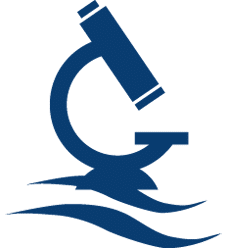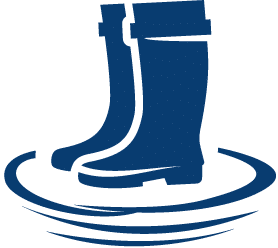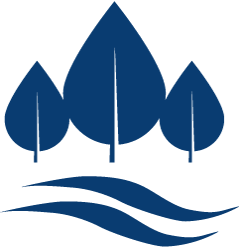Since 1967, Stroud Water Research Center has focused on one thing — fresh water.
We advance knowledge and stewardship of freshwater systems through global research, education, and watershed restoration.
What We Do
Support Our Work
Latest News

Water quality functions of a 15-year-old riparian forest buffer system

Scientific and educational aspects of water quality and stream health in Eastern Pennsylvania
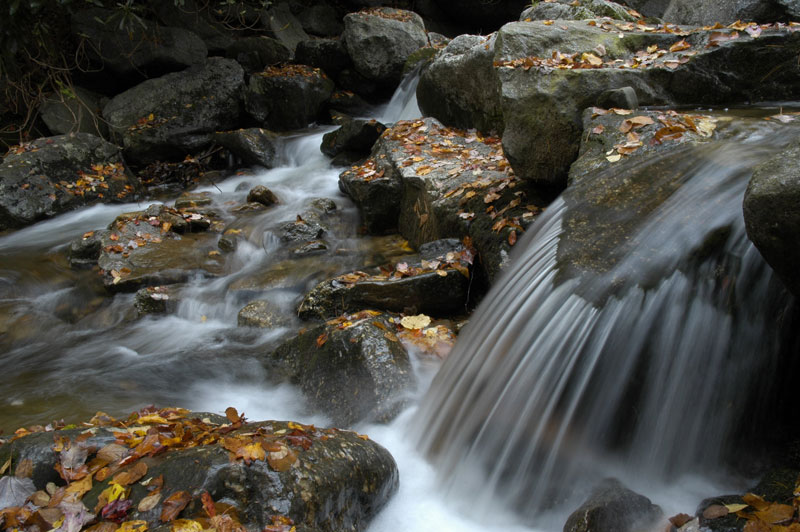
UpStream Newsletter, Spring 2010
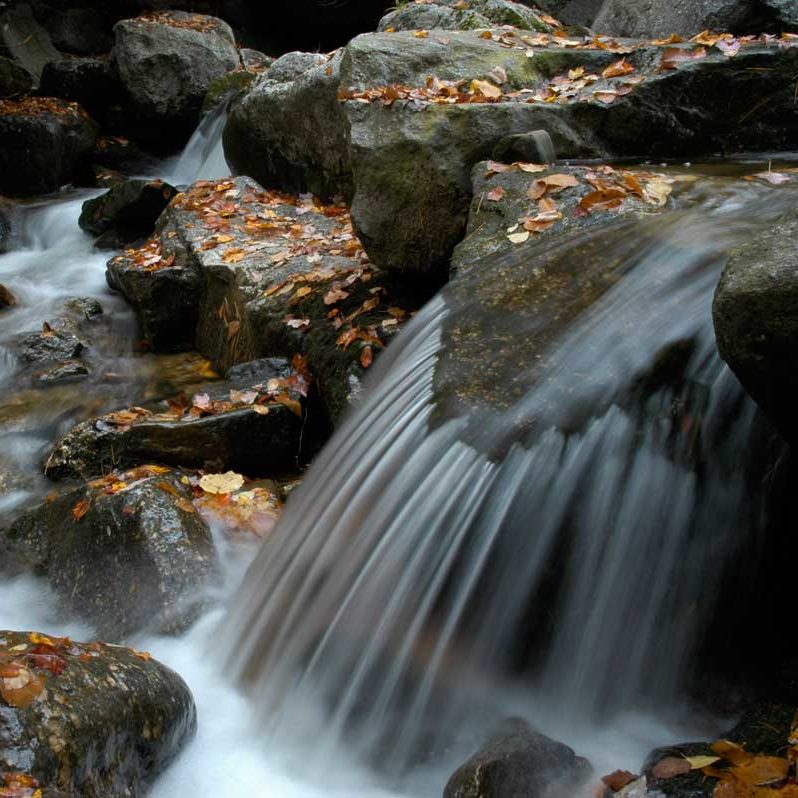
Aquatic invertebrate community structure along an intermittence gradient: Selwyn River, New Zealand

Stroud Center to Host Film Festival on February 11, 2010
Featured Initiatives and Partnerships
WikiWatershed® web tools offer watershed data visualization, geospatial analysis capabilities, and science-based predictions of human impacts on stormwater runoff and water quality.
The Water Quality mobile app is a water-monitoring data-collection and learning tool designed for use by educators and their students, citizen scientists, and researchers.
EnviroDIY™ is a community where members ask and answer questions and network within interest groups to develop do-it-yourself environmental science and monitoring devices.
The Society for Freshwater Science Taxonomic Certification Program ensures skilled persons are providing aquatic invertebrate identifications in North America.
The Leaf Pack Network® is an international network of teachers, students, and citizen monitors using a simple experiment to determine the health of their local streams.
The Consortium for Scientific Assistance to Watersheds provides free technical assistance to Pennsylvania-based watershed and conservation organizations.
Upcoming Events
Virtual Silent Auction Fore Fresh Water
May 17, 4:00 PM – May 21, 7:00 PM EDTFore Fresh Water Golf Invitational
May 20, 11:30 AM – 5:30 PM EDTTaxonomic Certification Opportunity at SFS Annual Meeting
June 3School-Day-Off Camp: Creek Critters
June 7, 8:30 AM – 3:00 PM EDTAlgae, Algae, Everywhere
June 10, 6:00 PM – 8:00 PM EDTHealthy Streams Through an Ecosystem Lens
June 11, 5:00 PM – 7:30 PM EDT

